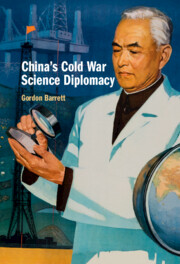This article addresses the question of how standards were determined and disseminated in an era before the formation of agreed upon standards or the existence of governing bodies, by examining the case of nineteenth-century Brazil. It argues that the experience in Brazil was similar to that of other nations: individuals engaged in mathematical, scientific, engineering, and statistical organizations created networks of professional societies, intertwined with international diplomacy and domestic legislators, to promote the adoption of the metric system. It analyzes the process from idea to advocacy culminating in national implementation on the eve of the 1875 International Convention of the Meter, to which Brazil was signatory.
